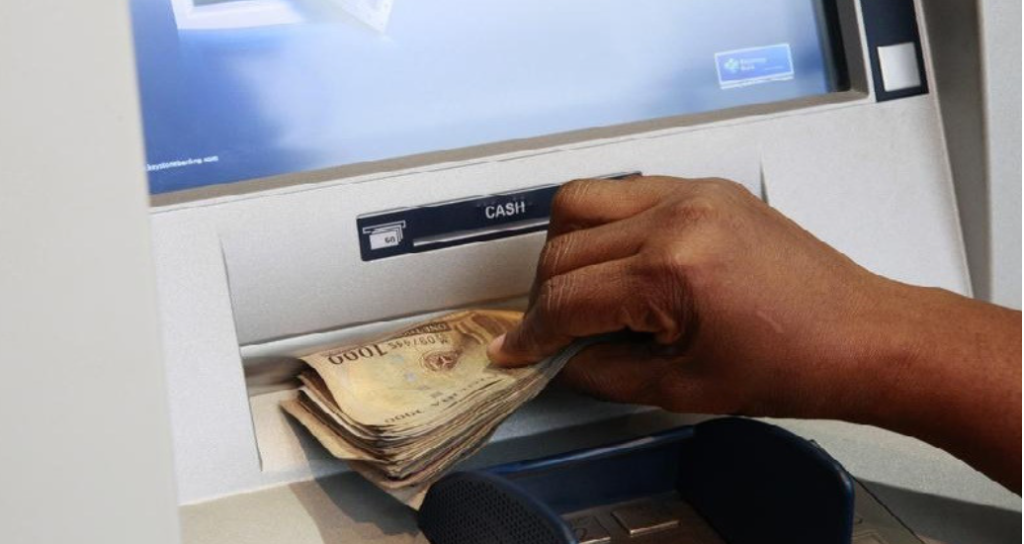The Central Bank of Nigeria (CBN) has announced a significant shift in its Automated Teller Machine (ATM) fee policy, sparking mixed reactions from bank customers and financial experts. Effective March 1, 2025, the CBN will eliminate the current practice of allowing three free monthly withdrawals from other banks’ ATMs. This change means customers will now incur a fee of N100 for every N20,000 withdrawn from ATMs belonging to banks other than their own. Furthermore, withdrawals from off-site ATMs will attract an additional surcharge of up to N500, payable to the ATM deployer. While withdrawals from a customer’s own bank’s ATM will remain free, the new policy represents a departure from the existing framework and raises concerns about its potential impact on consumers.
The CBN justifies this policy shift by citing increasing operational costs and the need to enhance the efficiency of ATM services. The apex bank argues that the revised fee structure will incentivize the deployment of more ATMs and ensure that financial institutions apply appropriate charges for the service. This rationale, however, has been met with skepticism from some quarters. Critics argue that the increased charges disproportionately affect low-income earners and could hinder the CBN’s financial inclusion drive. They point out that many Nigerians still rely heavily on cash transactions and that the new charges could further marginalize those who are already financially vulnerable.
While some observers acknowledge the rising costs associated with maintaining ATM infrastructure, they question the magnitude of the increase. Dr. Uju Ogubunka, Chairman of the Bank Customers Association of Nigeria, while acknowledging the general trend of rising prices across various sectors, questioned the reasonableness and affordability of the new ATM charges, particularly in the current economic climate. He expressed hope that the market would eventually self-correct, but the immediate impact of the policy remains a concern for many.
Financial analysts like Segun Aremu express deeper concerns about the policy’s potential to undermine financial inclusion efforts. They argue that the increased costs could discourage the unbanked population from joining the formal financial system. Furthermore, they highlight the potential burden on individuals in areas with limited banking infrastructure, where customers often have no choice but to use ATMs of other banks, incurring the additional charges. The concern is that this policy, while potentially well-intentioned in its aim to promote efficiency and reduce cash dependency, might be premature given the current economic realities and the level of financial literacy in Nigeria.
Public reaction to the announcement has been largely negative, with many taking to social media to express their frustration and concerns. Many see the move as yet another burden on already strained finances, particularly for low and middle-income earners. Some users question the profitability model of banks in other countries where ATM withdrawals are often free, highlighting the perceived disparity in service quality between Nigerian banks and their international counterparts. The general sentiment reflects a sense of disillusionment with the perceived insensitivity of the policy to the financial realities of the average Nigerian.
The CBN’s move to increase ATM charges raises fundamental questions about the balance between promoting efficiency in the financial sector and ensuring equitable access to financial services. While the stated objective of improving ATM services and encouraging digital transactions is laudable, the potential consequences for financial inclusion and the burden on consumers cannot be ignored. The public discourse surrounding this policy change underscores the need for a more nuanced approach that considers the socio-economic realities of the Nigerian populace and strives to minimize the negative impact on vulnerable segments of the population. The true impact of this policy will only become clear once it is implemented, but the initial reactions signal potential challenges that the CBN will need to address.


